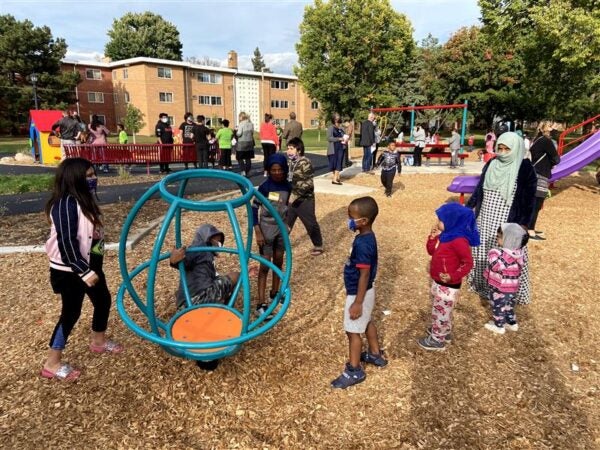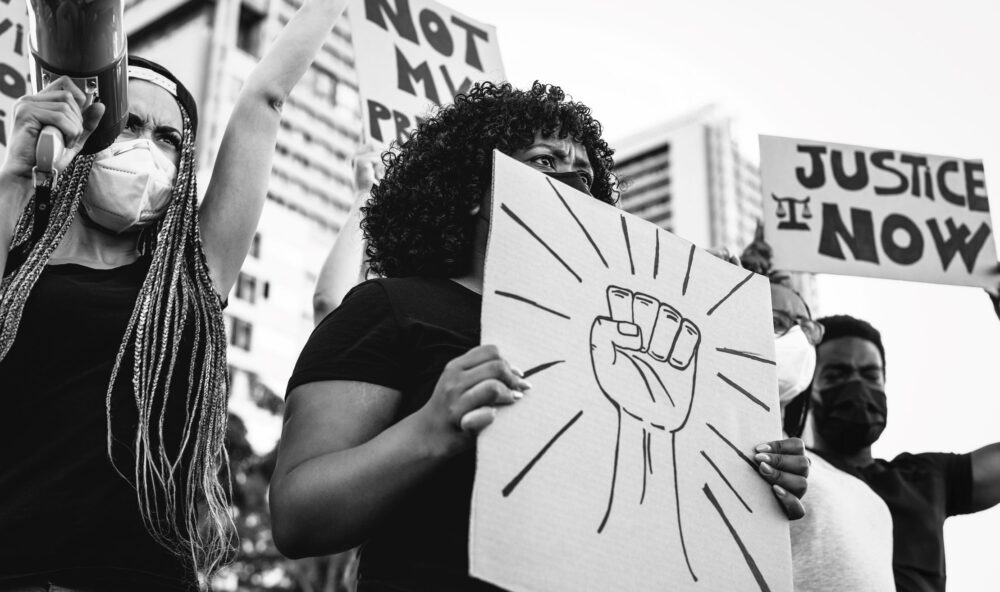
Exploring Community-Based Public Safety Solutions
We heard seven common insights from experienced current and former mayors, elected officials, and field experts about what they have learned on how to be effective leaders on police accountability that are of particular significance to new and incoming mayors.
Overwhelmingly, mayors expressed their view that public safety is the primary factor that residents will use to judge their performance. Mayors should develop a plan for public safety that extends beyond police and addresses system-level factors, including racial and economic inequality, that contribute to widely disparate experiences with police among residents.
To make progress on strengthening police accountability, mayors need a broad coalition of supporters. To foster these relationships, mayors should solicit community input, form a tight bond with the chief of police, familiarize themselves with the day-to-day practices of police officers, and commit early to working alongside activists to advance accountability-focused policies.
For mayors and elected officials, the ability to connect with a large audience is a valuable asset to drive conversations on police accountability. Mayors should utilize their large bully pulpit to promote accountability measures, should expect and prepare for outspoken pushback (especially from police unions), and must publicly acknowledge the role of racism and racial bias in their police departments.
Mayors and elected officials identified overreliance on police as a key challenge to advancing accountability. Mayors should clarify the scope of police’s responsibilities through developing alternatives to policing, like unarmed first-responder teams, and collecting meaningful metrics on their department that align with their public safety priorities.
Mayors and elected officials identified cultural impediments within their police departments to accountability. Mayors should take concrete steps to address problematic culture within their police departments over time through selecting a chief that shares their vision for public safety, revamping how they recruit and staff officers to select candidates with a “guardian”—rather than “warrior”—mentality, and reforming officer training and promotion pathways to incentivize desired behaviors, such as forming close relationships with community leaders.
Mayors must do everything within their power to prevent officer misconduct and prepare to respond to incidents if police violence occurs under their leadership. Mayors should know which powers are in their authority and what state-level laws may preempt their action, bring in external oversight and assistance before an incident occurs, and have desired accountability
policies ready to deploy when policy windows open.
Mayors and elected officials frequently shared the personal experiences and ardent beliefs that drove them to run for office and to tackle police accountability as a policy issue. Mayors can draw on their personal call to service to remain focused on advancing accountability measures. These motivations gave leaders the courage to take difficult political stances.
Exploring Community-Based Public Safety Solutions
Strengthening Alternative 911 Emergency Response
Strengthening Alternative 911 Emergency Response
Exploring Community-Based Public Safety Solutions
Strengthening Alternative 911 Emergency Response
Strengthening Alternative 911 Emergency Response


